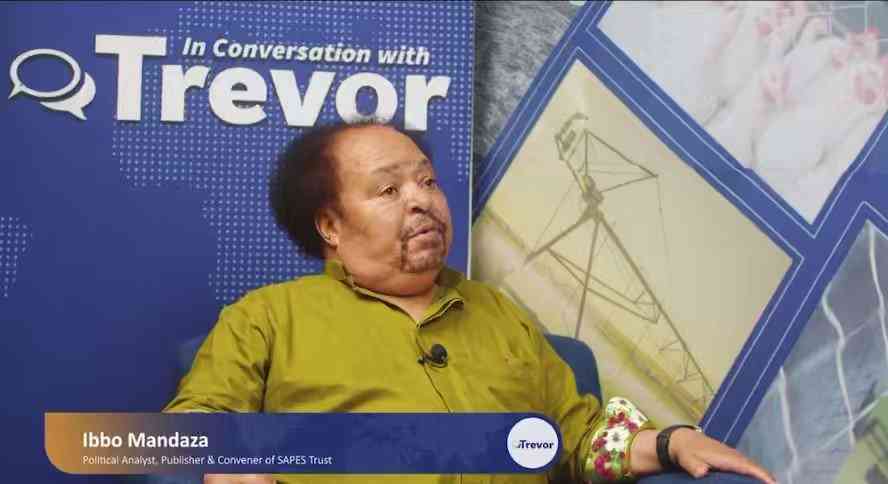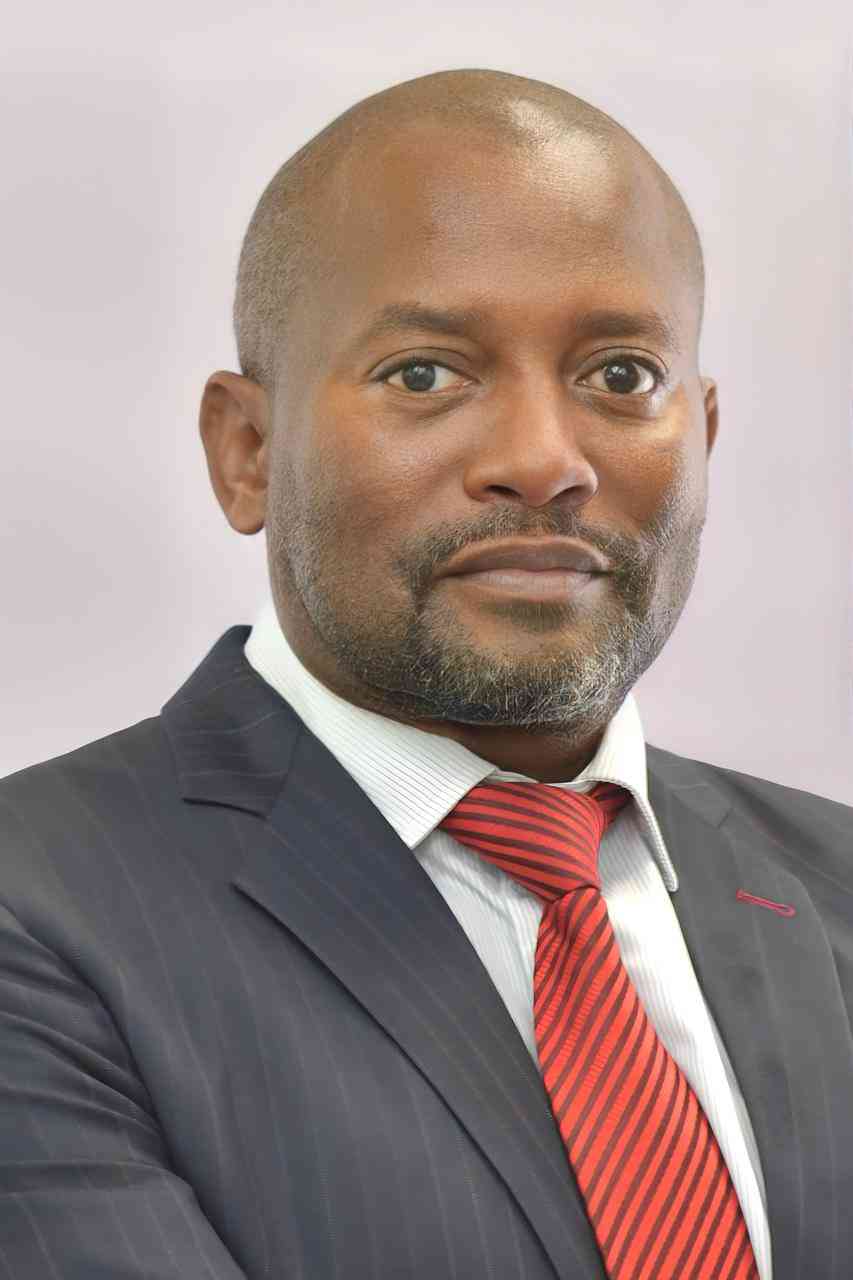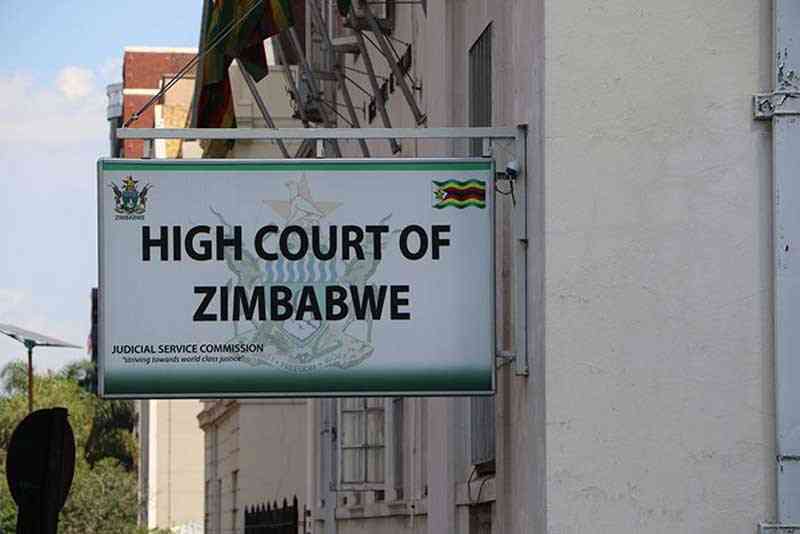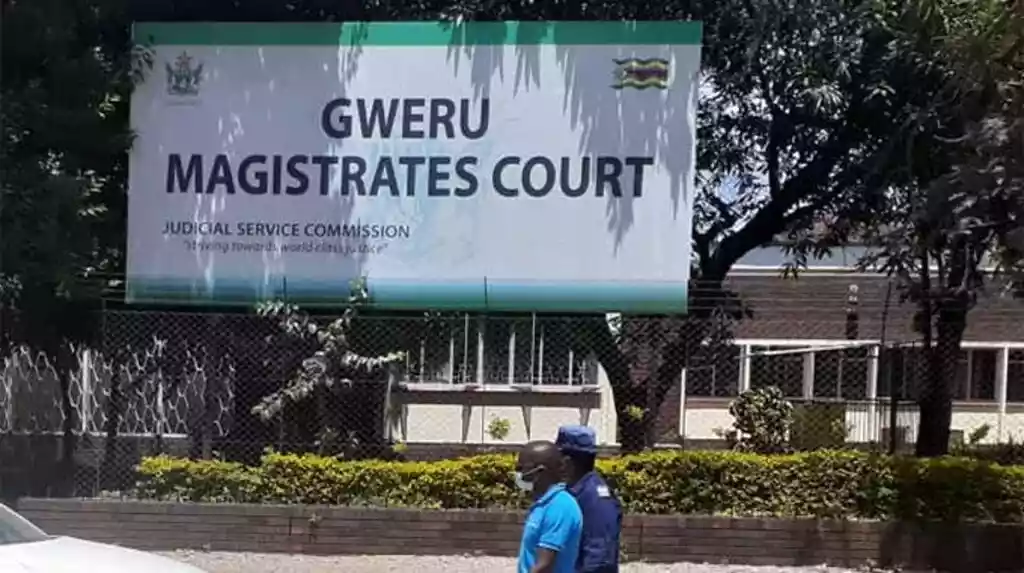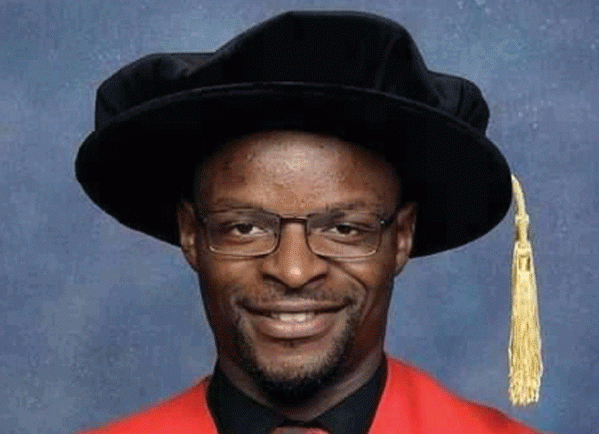
BY LORRAINE MUROMO
TAKUDZWANASHE Gore, a 29-year-old university graduate breaks down as he narrates how he has been eking out a living on the streets despite graduating four years back.
Together with many other youths of his age, he survives on selling second-hand wares on the streets of Harare where they are engaged in cat-and-mouse games with municipal police officers every day.
As fate would have it, sometimes he loses his stock to the marauding police and he suddenly needs capital again. Life has been a real merry-go round.
Time has been passing, and together with it, Gore’s hope for decent employment.
“I am a university graduate, but look at me, things are hard,” Gore said, wearing a dejected face.
“I have been to every office you can think of looking for employment, but I am still here on the street. I have been met with cynicism, rejection and on a better day, I get empty promises that never materialised.”
Zimbabwe, like other countries, last week celebrated the International Youth Day where politicians took turns to pledge commitment to the development of the youths.
- Chamisa under fire over US$120K donation
- Mavhunga puts DeMbare into Chibuku quarterfinals
- Pension funds bet on Cabora Bassa oilfields
- Councils defy govt fire tender directive
Keep Reading
But for Gore, the pledges are hollow if graduates continue to toil in the streets rubbing shoulders with ordinary vendors.
“Growing up, I used to believe it is only through education that one can have a better life,” Gore said.
“Our parents believed that too and that is the reason why they sold everything that they had to send us through to university. This has not been the case. Government officials cannot talk of their commitment to youths if they don’t create employment for them.”
According to statistics from the Higher and Tertiary Education ministry, about 30 000 students graduate yearly from the country’s universities and colleges, but face a bleak future in a country with an unemployment rate of over 80% and a heavily informalised economy.
Mercy Toendepi, an 18-year-old school dropout, stays in Epworth and now helps her mother tend the family’s vegetable stall. She said she completely feels betrayed by the system after being forced out of school because of poverty.
“I had to drop out of school as my mother, who is a single parent, could no longer afford to keep paying for my school fees,” Toendepi said.
“I sometimes feel the government should do more to assist the youths like myself.”
Tawanasha Mararike is a youth without total access to privileges most of her peers have.
Blindness has denied her opportunities with regards to issues like education and access to sexual reproductive health.
“Due to my blindness, navigation has not been easy. There are no efforts to make the learning experience for me bearable, so I have had to drop out of school to pursue other livelihoods. Unfortunately, it has also been a mammoth task as I often helplessly fall prey to thieves and sexual predators.”
Nyasha Nyakuhwa added: “We have some of our brothers and sisters who I feel have been long forgotten. I feel whenever we celebrate the International Youth Day; we only speak for a few.
“What of those in rural communities without a voice and representation? What of those with no access to digital and social spaces?” she queried.
On the International Youth Day, commemorated every August 12, several human rights groups called for inclusion of youths in developmental issues. They said a country that does not invest in its youth, invests in failure.
Last week, while addressing a virtual youth meeting, Hwange MP Daniel Molokela urged youths to be proactive.
“We need to underscore the importance of youth inclusivity where they continuously fight to stay at the centre stage. In Zimbabwe and in Africa, the population is dominated by youths so they need to be included in national development and good governance issues,” Molokela said.
“As we speak, Zimbabwe and Africa are being led by people beyond retirement age — in the Judiciary and Parliament — where people above 60 years of age dominate.
“As youths, you need to take into cognisance that beyond your careers and families, there is the need to put the country first. If you do not stand up now, this is the country you risk to inherit in the future — a country totally run down since 1980.”
In a joint statement, the Zimbabwe Human Rights Forum and the Transitional Justice Working Group Zimbabwe also urged the government to support youths by including them in all national processes.
“Youths have been cast aside in development projects that have a bearing on the country’s food security such as the land redistribution programme. The situation is further aggravated by the politicisation of youth development programmes, which have largely benefited ruling party youths,” the statement read.
Zimbabwe Human Rights NGO Forum executive director Musa Kika said the youths and students were the torch bearers and were supposed to fight through use of idea supremacy to untie themselves from tyranny.
- Follow us on Lorraine on Twitter@RMuromo

